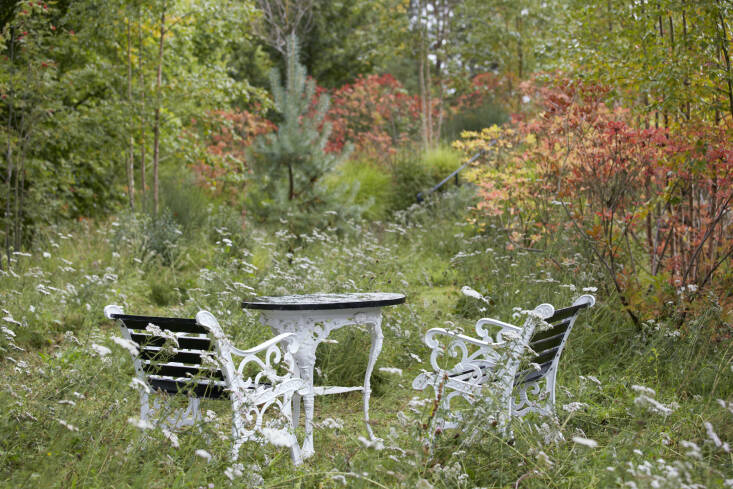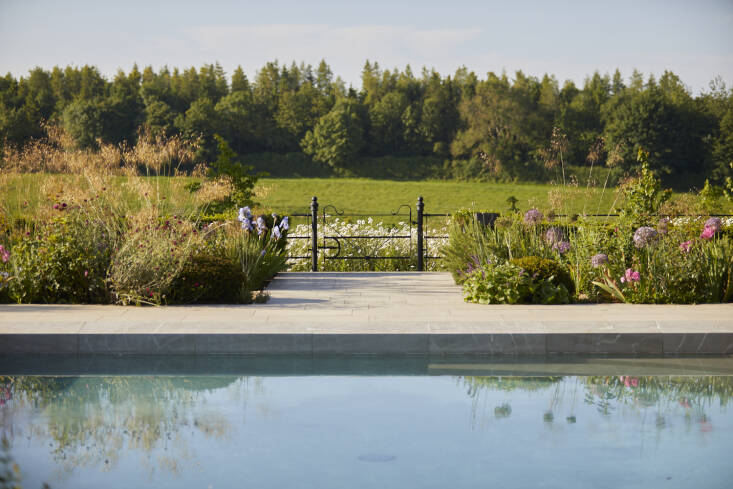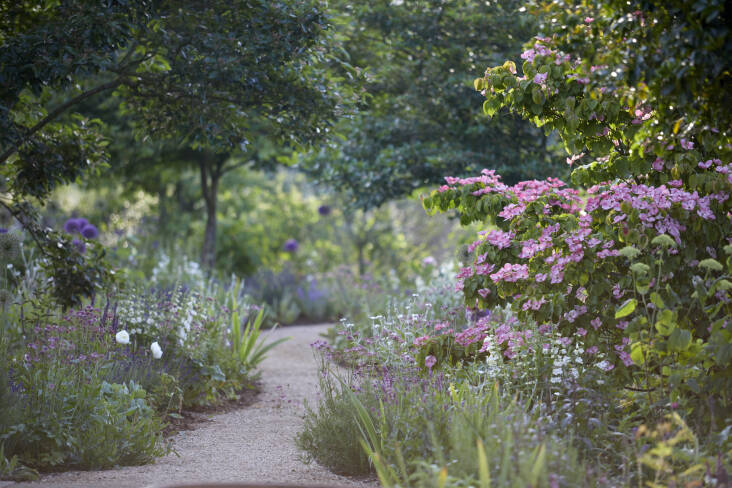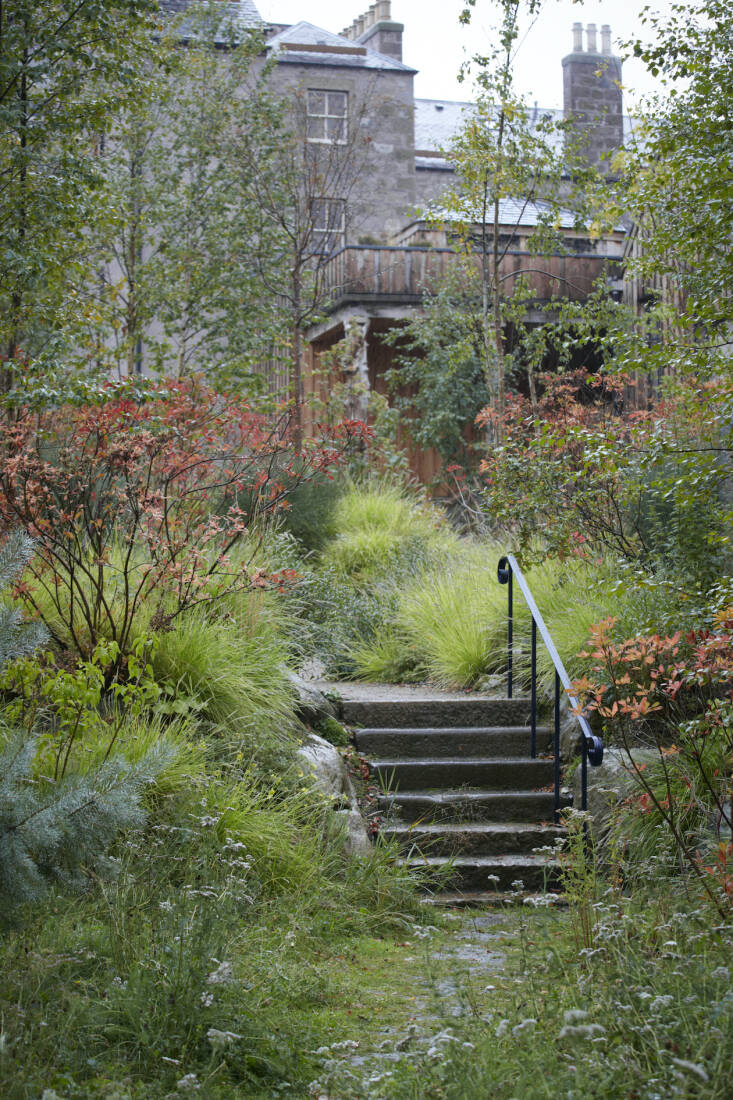The 2nd book from landscape designer Jinny Blom, What Makes a Garden, makes use of all elements of gardens and garden culture. Jinny understands her things, has viewpoints, and often upsets those of her fans on social networks who desire just loveliness. Having actually applauded the writing of provocateur Julie Burchill (who composed in her Viewer column, “It’s time to end the rewilding threat”), Jinny was stunned by the viciousness of the action. It appears that some things are off-limits for landscape designers, and one is recommending to garden enthusiasts that their environmental thinking may be fuzzy. Never ever more in need, with customers who might select anyone on the planet, Jinny takes time out to talk with us about garden style, and the R-word.
Photography by Britt Willoughby Dyer, from What Makes a Garden
Q: In your most current book you state: “We restrict areas in between trees and shrub groups to 650 feet as that is as far as numerous little birds can fly without needing to hide.” Just how much do environmental factors to consider impact the design of your gardens?

A: A horrible lot. We work extremely carefully with ecology, and comprehensive info like this identifies much of what we do. We simply join together the info into our styles instead of having it showed just as the science.
Q: Does the term “satisfaction garden” still have currency today?

A: I do not understand, since I’m unsure what’s occurred to satisfaction– we’re residing in bad-tempered times. I personally feel that gardens are locations for satisfaction, which I would specify as the sort of flexibility that you obtain from being outdoors– not signifying every relocation and every action– however simply sort of being. My sense is that the old significance was simply that: in the Vauxhall Enjoyment Gardens [which had their heyday in 18th and early 19th century London], you would be walking around– pleasurably dressed, with enjoyable buddies doing enjoyable things in a pleasant location. Enjoyment was the entire function.
Q: Do you discover that increasingly more individuals are still getting turned on to gardening, even post-pandemic?

A: Certainly. Due to the fact that here’s the essence of it: If you really go outdoors and do it, your sensations and your actions to nature and gardening modification extremely rapidly. If you’re a sort of armchair warrior, then that’s something various. However actually gardening– everyone I understand who does it discovers a lot satisfaction and enjoyment in it. The excellent optimism is providing individuals access to their own little spot of earth to mess around with; I believe it’s extremely essential.
Q: “Rewilding” implies various things to various individuals. What in your view are the great bits?

A: I do not see it as a huge political thing, another cause for rage. It’s been going on for a long time– individuals acclimating locations or delighting in a naturalized location, other than that it would be gardened and looked after; it would be ‘kempt,’ instead of neglected. Anyone with a spot of land (I do it myself in my small garden) might have a spot of long turf with things growing in it. It’s not something you’re adjusting all the time, it carries out in a various method, and it provides a various type of satisfaction to take a look at. And after that, 5 feet to the left, there may be rather a well-attended border, which is doing something else. So actually, it has to do with the satisfaction of variety in gardens. Anything that’s going to stimulate more environment or more variety for other animals is certainly part of where most garden enthusiasts are originating from.